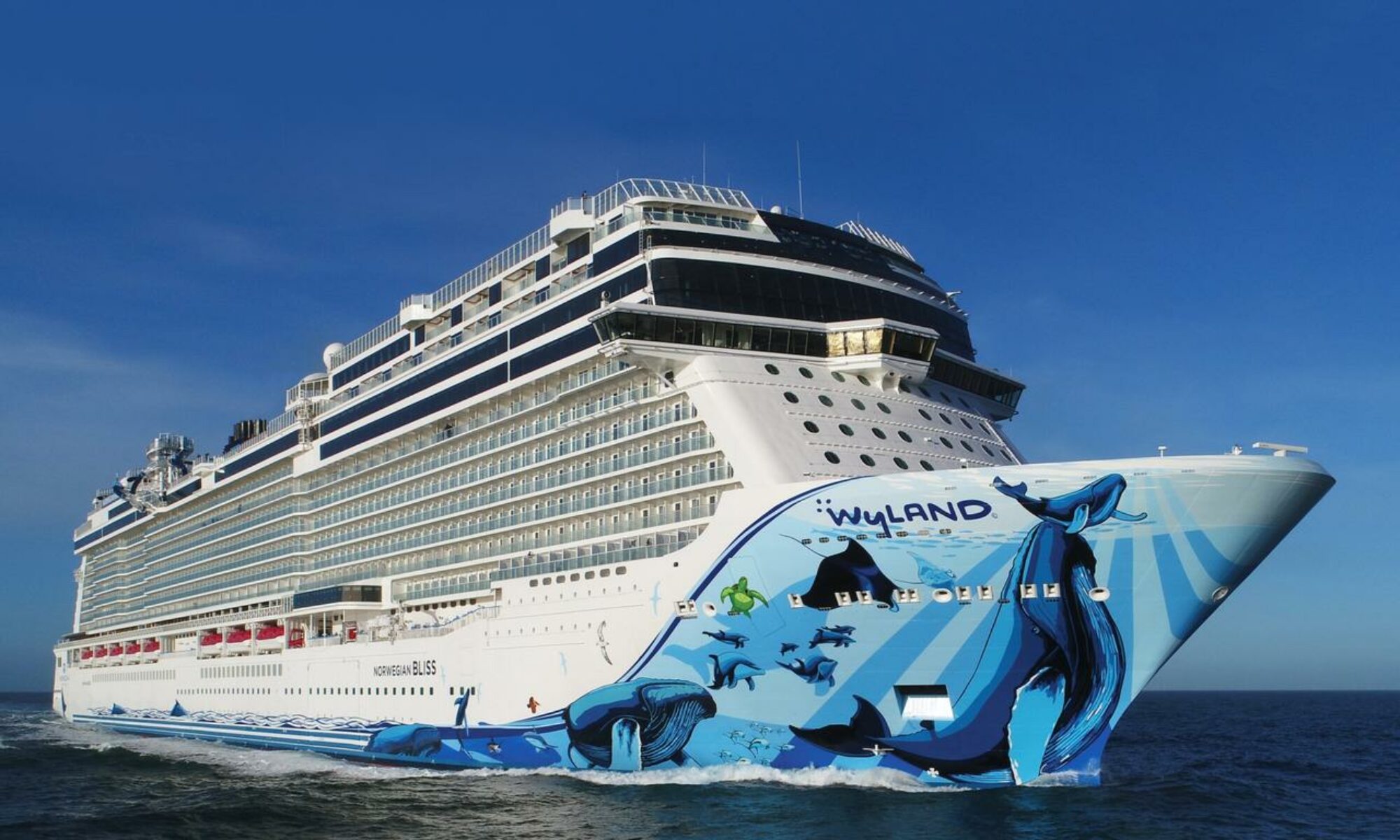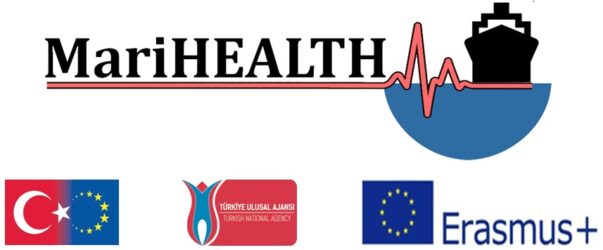Coronavirus disease (COVID-19) Pandemic (click for details)
The COVID-19 pandemic has significant impacts on the shipping industry and on seafarers themselves, and IMO is working tirelessly at all levels to find solutions.
Travel restrictions imposed by governments around the world have created significant hurdles to crew changes and repatriation of seafarers, which has led to a growing humanitarian crisis as well as significant concerns for the safety of seafarers and shipping. IMO has intervened promptly by urging its Member States to designate seafarers as key workers, so they can travel between the ships that constitute their workplace, and their countries of residence.
Information on vaccines for seafarers is provided by ICMA here https://icma.as/vaccines/ and by NAMMA here https://namma.org/vaccines/
Invest in Seafarers’ Health for Human Sustainability and Increased Operational Efficiencies (click for information live)
Robust and proactive healthcare and public health solutions benefit maritime operators and their employees. The pandemic has highlighted deficiencies in seafarer health programs, while also pointing to new technology as an important enabler of better healthcare decision-making to improve human sustainability.
October 14 2021 –
Seafarers desperately need prompt access to medical care say ILO and International Maritime Organization(click for information live)
Press release | 06 October 2021
With hundreds of thousands of seafarers unable to disembark due to COVID-19 restrictions, a joint statement issued by the two organizations says the issue of medical care for seafarers is ‘a matter of life or death’.
WHO Coronavirus (COVID-19) Dashboard (click for information live)
Timeline: WHO’s COVID-19 response (click for live details)
The Seafarers’ Health Information Programme (SHIP) (click for details)
Seafarers Health Informations (click for details)
EVER GIVEN AND THE SUEZ CANAL
The grounding of the 20,000 teu containership in the Suez Canal grabbed global headlines. Read all of Seatrade Maritime News’ coverage of the casualty and the impact on trade, ports and the complex insurance concerns
Joint Statement on prioritization of COVID-19 vaccination for seafarers and aircrew
The coronavirus (COVID-19) pandemic has triggered devastating consequences for human life and the global economy. Maritime and air transport are two essential activities that underpin global trade and mobility and are key to a sustainable socio-economic recovery.
More than 80% of global trade by volume is moved by maritime transport. The global economy depends on the world’s 2 million seafarers who operate the global fleet of merchant ships. Seafarers have been severely impacted by the travel restrictions imposed during the pandemic. As of January 2021, it is estimated that some 400,000 seafarers are stranded on board commercial vessels, long past the expiry of their contracts and unable to be repatriated. A similar number of seafarers urgently need to join ships to replace them.
More information at
Data from Mental Health Support Solutions (MHSS) showed a growth in mental health problems among seafarers in a three-month period to the end of February.
A report by MHSS showed heightened anxiety from seafarers onboard along with burnout and depression being reported. The mental health service provider said it saw increase an Master’s requests for counselling support, and this was highest during December, which includes Christmas and year-end holidays, and times normally spent with families.
Young cadets less experienced to cope with the stresses of life at sea are seen a higher risk group for many vessels. The Covid-19 pandemic has added to the anxiety of seafarers and the much-reported crisis around crew change.
More read at
https://www.seatrade-maritime.com/ship-operations/rise-seafarer-mental-health-issues-reported

